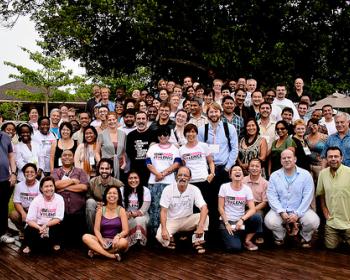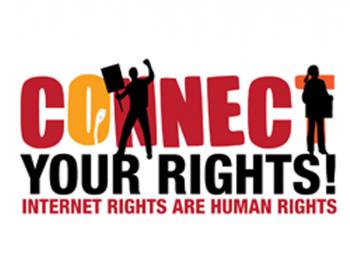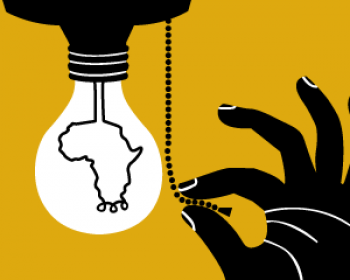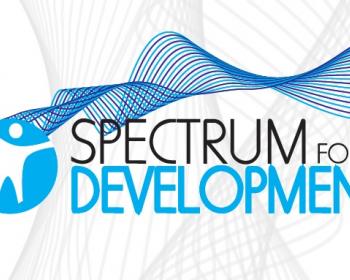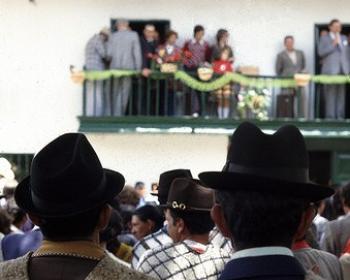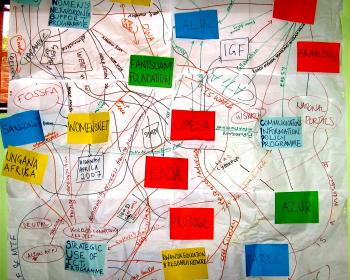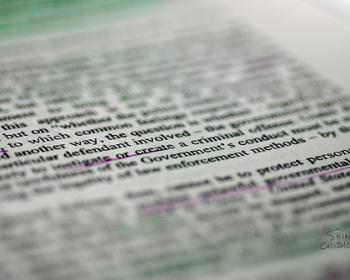Communications and Information Policy Programme
Holding internet intermediaries liable is an increasing global trend that transfers the responsibilities of law enforcement, as well as of copyright enforcement, to internet service providers (ISP), both large and small. Internet intermediaries are therefore increasingly used to police and enforce the law on the internet and even to mete out punishments ranging from content control to user behavior.
Ten years after the World Summit on the Information Society the promise of “a people centered, inclusive and development-oriented information society,” has not been fulfilled by the governments that committed to it. APC will bring together activists involved in the communications-rights campaign that shaped WSIS to assess the process.
The APC Action Research Network is a network of researchers who focus on “information society” themes. They are carrying out research for action intended to lead to positive changes in the policy environments in the countries and regions where they live and work in three areas – spectrum, human rights online and ICTs and environment.
Everyone has rights, including online. APC is documenting trends, lobbying for freedom of expression and to info in international forums and training human rights activists to use the internet securely.
African countries committed to migrating from analogue to digital broadcasting by 2015 – but migration won't be easy or cheap. We work with civil society, broadcasters, policy-makers and regulators to produce the data and tools required to make informed decisions.
Global Information Society Watch (GISWatch) is an annual report co-produced by the APC network and partners, which looks at the progress being made in creating an inclusive information society worldwide (particularly in implementing WSIS goals), encourages critical debate, and strengthens networking and advocacy for a just, inclusive information society.
Wireless technology could radically transform the lives of millions of people living with poor connectivity — but only if the policy makes sense. Our research critiques the situation in Africa, Asia and Latin America.
Politicians aren’t always aware that sound research that could help them make better policy decisions is out there waiting to be used. On the other hand, social networking websites are experiencing an explosive growth worldwide and Latin America is no exception. This new initiative, of which APC is a partner, will bring together researchers and activists to see if it is possible to influence ...
2010 promises to be a significant year for the future of the internet with a number of potential changes on the horizon. In this time of flux, policy windows can open and close quickly. APC’s “Network of networks” project is building a worldwide network of civil society policy advocates from different spheres of policy work and with diverse campaigning experiences who all have a vested in...
Since the inception of the Internet Governance Forum (IGF), the Council of Europe, the United Nations Economic Commission for Europe (UNECE) and the Association for Progressive Communications (APC) have been working on a joint initiative on public participation in internet governance. The three entities have held joint workshops around this theme at both the Rio de Janeiro (2007) and Hyderabad ...

Association for Progressive Communications (APC) 2022
Unless otherwise stated, content on the APC website is licensed under Creative Commons Attribution 4.0 International (CC BY 4.0)





